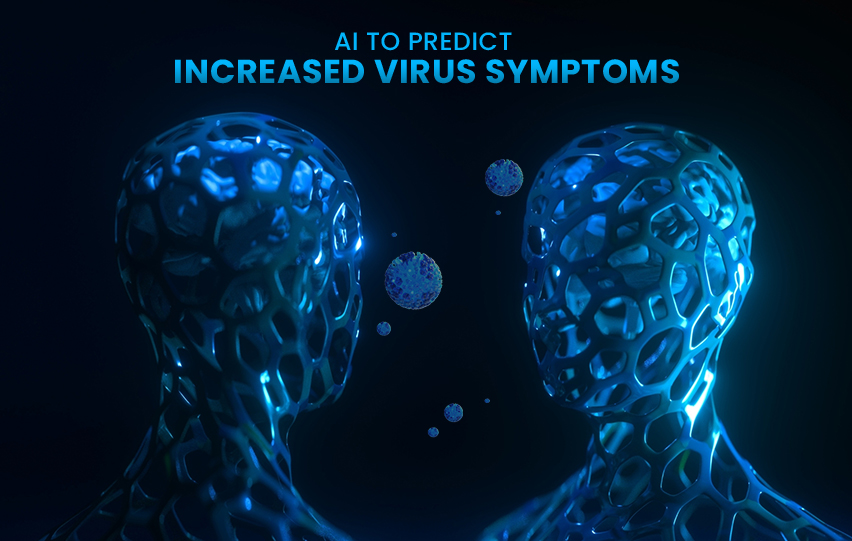Researchers from social networking platforms Facebook and New York University (NYU) Langone specializing in artificial intelligence (AI) reportedly claimed they have successfully created a number of AI models that can predict the development of a patient’s Covid-19 virus symptoms.
In total, the group of researchers has developed three machine-learning models, all of which bear slight variations from one another.
Venture Beat states that despite its differences, all of these require a simple sequence of X-rays to determine the patient’s deterioration levels of up to four days in advance.

According to CNBC, the Facebook team was able to gauge the severity of the patient’s conditions, including the deteriorating state or the continuous requirement for oxygen to be given based on their artificial intelligence technology.
The news site also states that with the aid of the NYU Langone Health’s Predictive Analytics Unit and Department of Radiology, health professionals working to address the effects of the virus pandemic could prevent at-risk patients from being sent home at a much earlier time.
At the same time, CNBC states that the efforts of the two institutions allowed for a more efficient planning system when it comes to a hospital or care facility’s oxygen use and demand.
The joint efforts of Facebook and NYU Langone is one of the many machine-learning models to come to the industry. Venture Beat states that companies such as Alibaba, DarwinAI, Huiyang Medical, Infervision, Lunit, Qure.ai, and RadLogics have all developed their own AI algorithms based on the use of X-rays.
Despite being a newcomer, Venture Beat emphasizes that Facebook and NYU Langone’s algorithm stands out from its competitors in that it seeks to provide advanced predictability to symptoms, thereby affecting the overall care and attention that a patient might need.
To further its research in the field, both Facebook and NYU leveraged Momentum Contrast, otherwise known as MoCo. Based on the report released by Venture Beat, MoCo is a self-supervised learning technique that was taught by the researchers to read and learn the X-ray scans provided to it, including those that lacked labels and explanations.
In a statement made by the team in a blog post dated Friday, January 15, 2020, CNBC said it remarked, its “model using sequential chest X-rays can predict up to four days (96 hours) in advance if a patient may need more intensive care solutions by human experts.”
“Being able to predict whether a patient will need oxygen resources would also be a first and could help hospitals as they decide how to allocate resources in the weeks and months to come,” said the Facebook team in its blog post, reports Venture Beat.
















